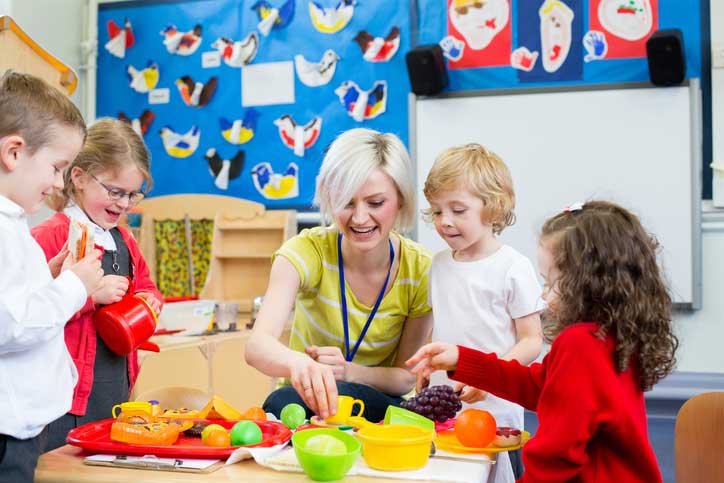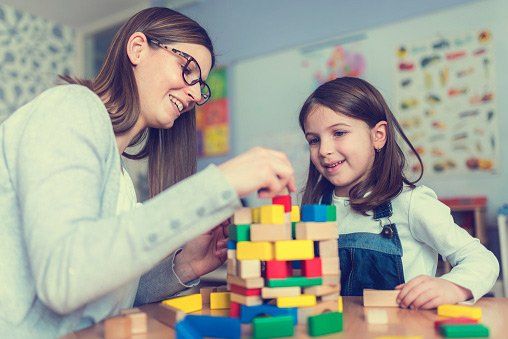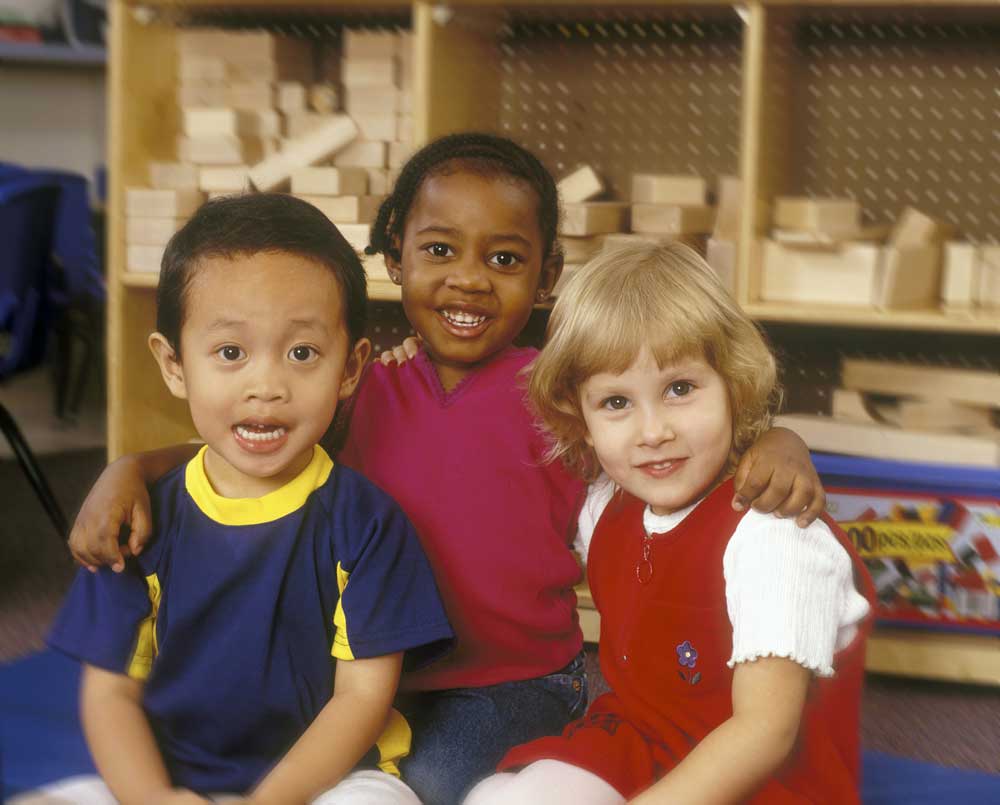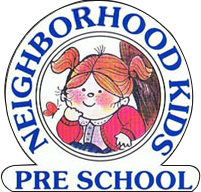As your baby becomes more toddler than infant, then more child than toddler, you work constantly to ensure that he or she gets the right start on life. As your child approaches school age, one of the decisions you must make is whether or not to enroll him or her in preschool.
Many studies show a connection with preschool and benefits to a child's development. Parents should consider preschool enrollment for the following reasons.
One of the most important skill sets that preschool-age children must learn is how to interact with the people around them. While children learn many basic social skills at home, preschool enhances the development of these skills.
At home, all the people your child interacts with are familiar and, in many ways, predictable. Preschool introduces your child to peers who are different from them. Interacting with these peers and the preschool instructors helps your child develop the social awareness he or she will rely on for life.
Many of the activities in a preschool environment are designed to improve a child's physical development. For example, many preschools use motion and dance sessions to help children become aware of their own activity levels and get adequate exercise.
Additionally, activities like crafts and music help children develop their fine motor skills. Participation in these activities in a preschool environment enables children to better perform when they begin to learn penmanship and other small-motion skills.
You child will complete most of his or her physical, emotional, mental, and social development while at a young age. It's important to keep track of which developmental milestones children have achieved so that any issues can be diagnosed and addressed by a professional.
If you are a new parent or all your children are close in age, you may know which developmental milestones your child should pass but be unable to identify when a child lags behind his or her peers.
Preschool instructors are extremely familiar with the normal development of children in this age bracket. Your child's participation in preschool can ensure that any missed milestones are identified as early as possible.
Because many toddlers and infants spend most of their time at home with a parent or other guardian, they do not have a lot of experience with separation from familiar people. Preschool often offers a child's first opportunity to learn how to be comfortable away from their parents.
It can be important for children to learn how to deal with separation before they start school since academic settings require more focus and dedicated involvement, and separation anxiety could be a distraction.
As its very name suggests, preschool serves as a preparatory period before your child begins kindergarten and elementary school. It's important to give child plenty of opportunities to transition toward a more structured environment before he or she enters the school system.
In addition to this basic transition, preschool also encourages fundamental learning that can give children an advantage once they begin school. For example, preschool teaches the first concepts of language and reading through storytelling, reading time, and similar activities.
Enroll your child in preschool to give him or her all of the advantages listed above.
Finding the right preschool for your child is just as important as making the decision to enroll him or her in the first place. At Neighborhood Kids Preschool, we work with parents to help them make informed, confident decisions about their children's futures.
Visit our For Parents section to learn more about our credentials and curriculum, take a virtual tour, and begin the paperwork necessary to enroll your child with us!





